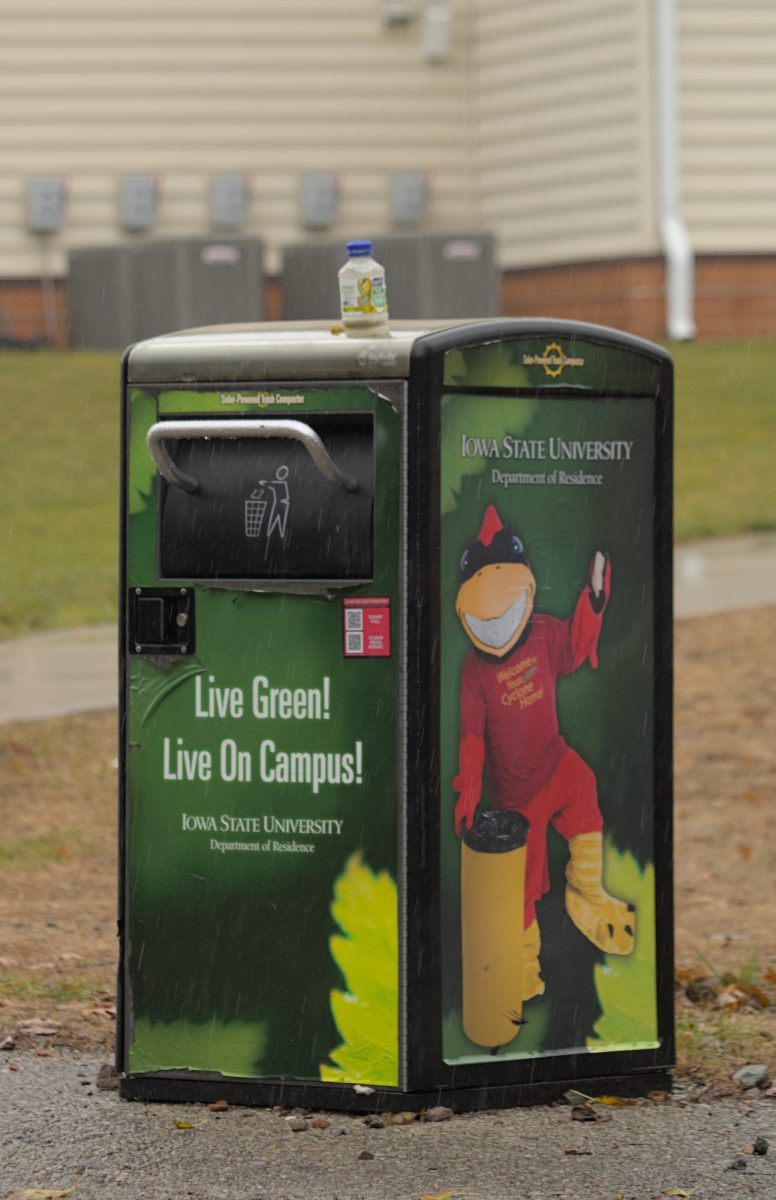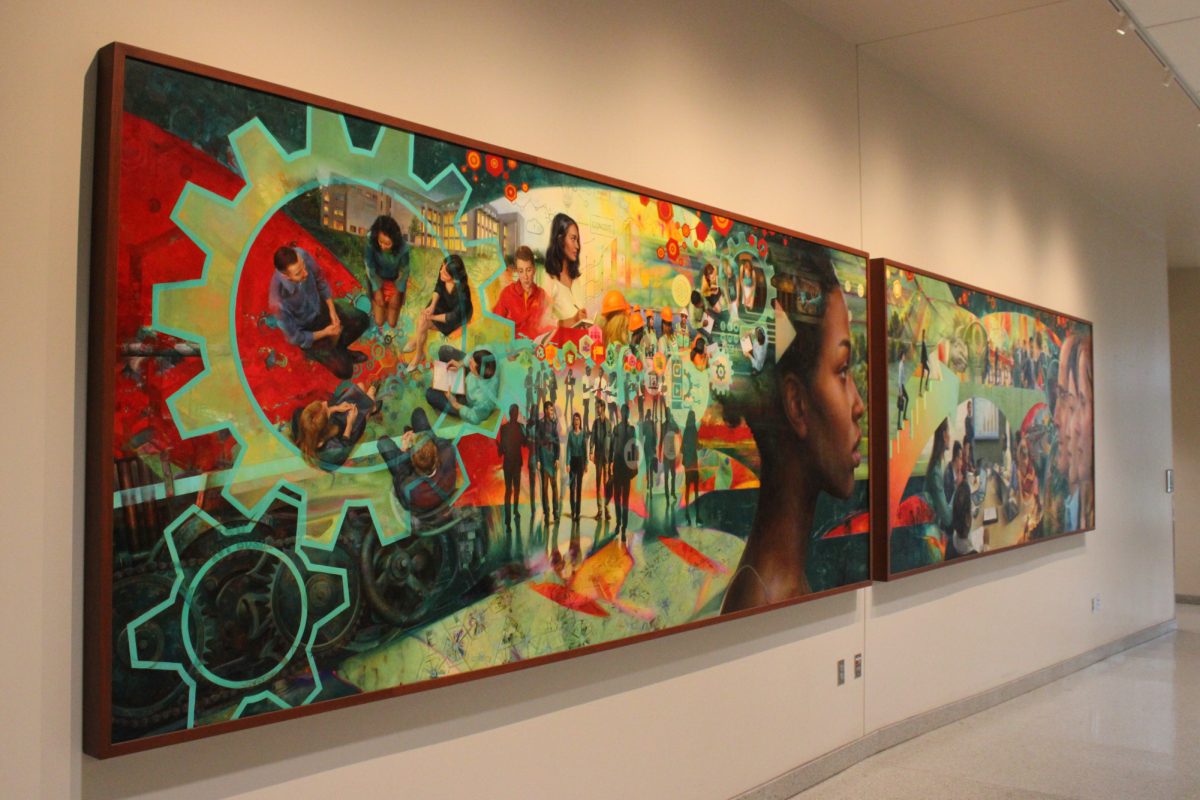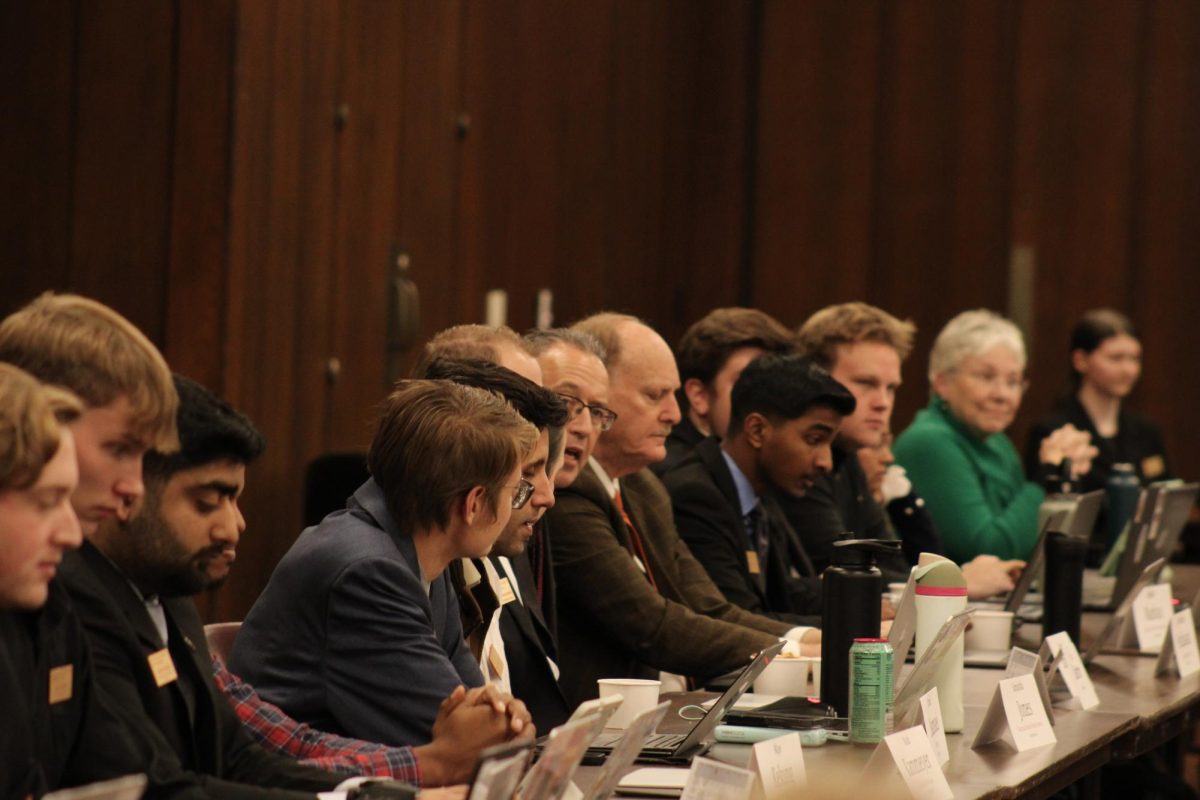COLUMN:`Fair trade’ tactics help no one
April 21, 2002
This week marks “Fair Trade Week,” the week ostensibly marked to point out the “failings” of free trade and how such policies serve to exploit workers at home and abroad. In the interest of such, let’s look at how “fair” many of the trade policies of the United States really are to the American consumer.
To start with, it’s worth noting that the Institute for International Economics estimates trade barriers are costing American consumers $80 billion a year, or about $800 per year for each American family.
Indeed, almost all the U.S.’s myriad “trade protections” exist to protect someone at the cost of the taxpayer.
Take the continuing textile tariffs that exist in the United States to protect workers in North Carolina, a large textile-producing state (and ironically, stronghold of the supposed “free-market” Republican party). Who are they being protected from? The invasive powers of West Africa and the Caribbean, of course, lurching in to seize the U.S. market and dominate our way of life.
Such tariffs are self-destructive, however, serving only to hurt the poor here at home. For instance, William Cline of the Institute for International Economics estimates that clothing tariffs alone amount to a “hidden tax” of $400 per year on each American family. Imagine then how much such tariffs hurt counterparts in the developing world, where their products are effectively shut out of American markets.
Likewise, look at the myriad agriculture tariffs set up to shield U.S. farmers against foreign competition, ostensibly to protect consumers from even lower prices, even as our extortionist sugar tariffs have driven companies such as Brach’s (makers of Life Savers) to relocate their Chicago-based plant (and 3,000 jobs) to Canada due to the fact that U.S. sugar prices are three to four times that of the “world price” for sugar. How exactly this helps the disadvantaged at home or abroad is questionable.
Furthermore, such tariffs drive up the prices on ubiquitous goods such as orange juice up by 40 percent and items such as dried milk up by 168 percent. How exactly are such tariffs “fair” to the American consumer, much less the disadvantaged abroad?
Indeed, the only individuals who could remotely claim to call this “fair” are those exploiting the American consumer and wielding U.S. law to edge out foreign competitors, truly in the spirit of “free enterprise.”
And what of Bush’s steel tariffs, which alone amount to over $300 in taxes on a new car? How exactly will dropping demand on American-made automobiles help workers in Detroit, much less the general American car-buying public? In a study by economists Joseph Francois and Laura Baughman for the Consuming Industries Trade Action Coalition, (a group of steel consumers), they estimated that even a low tariff would impose about $2 billion in additional costs on U.S. consumers.
Such a tariff might save 4,375 jobs that would otherwise be lost to imports; however, “the higher costs on steel consumers would likely result in a loss of 36,164 other jobs, for a net loss of 31,789 jobs.”
The “fair trade” socialist tirade translates into the ultimate racket – rob Peter to pay Paul. What it truly translates into, however, is yet another means of taxing the poorest members of this country and those abroad to protect the interests of a politically well-connected few. The “fair traders” claim that their mission is to save American jobs – yet how then can they explain the net loss of jobs and productivity that their agenda is responsible for?
What the fair traders ask for is a deconstruction of the very idea of a free market: They demand the ability to force the consumer’s hand by the way of a gun, driving out any competition that “threatens” an American industry. What they demand is the ability to play favorites on a national level, ultimately making decisions for the consumer through use of centralized government power.
This has already been tried – it was known as the Union of Socialist Soviet Republics.
In case the “fair traders” forgot, it ended up bankrupt and destitute with its people on the brink of starvation.
The “fair traders” should ask an American family living in poverty whether they can afford an extra $800 a year for food, clothing and transportation. Then they should (dare) ask them if they feel being taxed at such a regressive rate is “fair.” Certainly they’d have a different answer.
Steve Skutnik is senior in physics from Palm Harbor, Fla.






